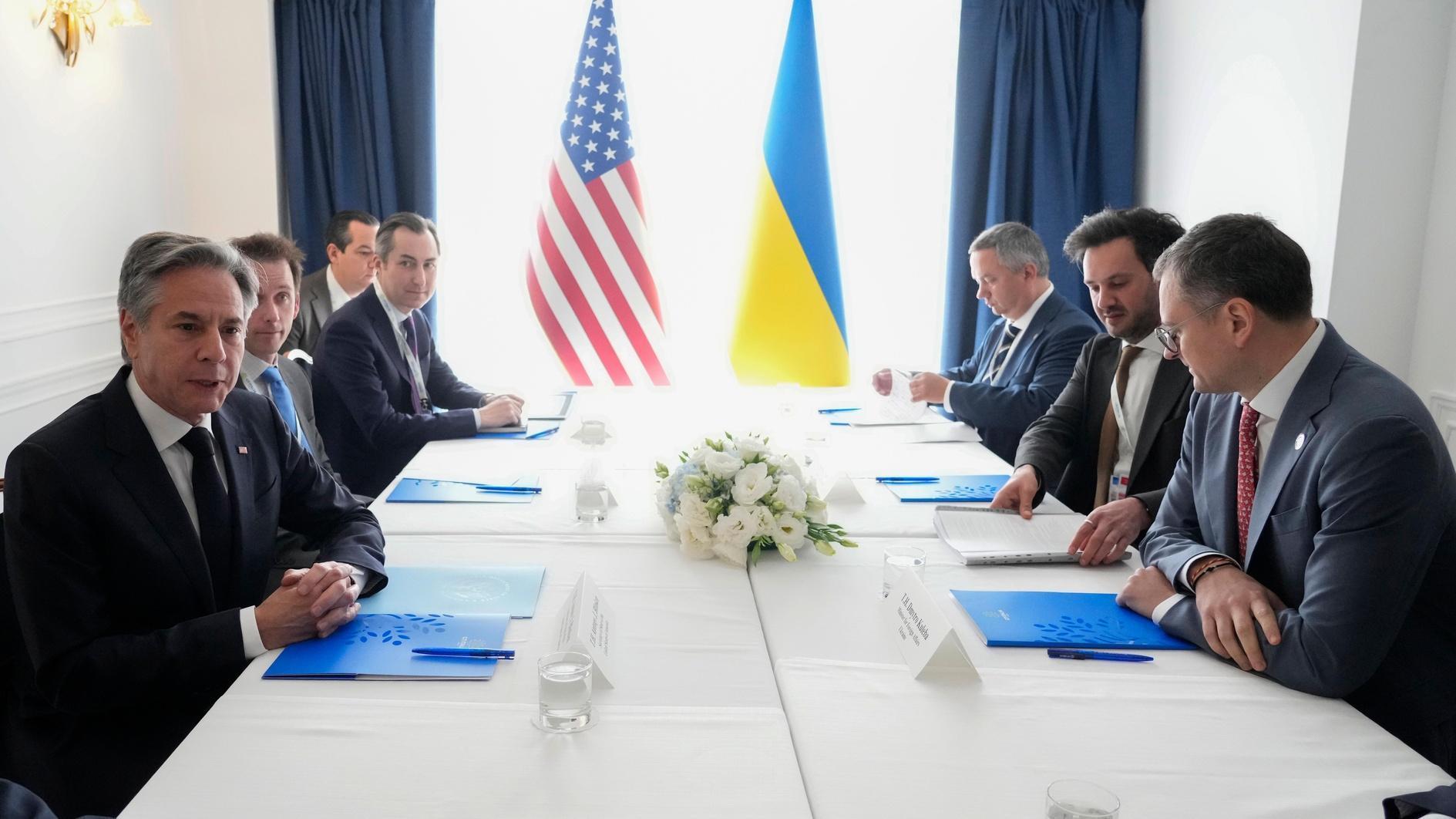Kerry says made 'some steps forward' in ending Gaza conflict
JERUSALEM - Agence France-Presse

US Secretary of State John Kerry walks with US embassy Deputy Chief of Mission Bill Grant at Ben Gurion airport as he arrives in Israel on July 23, 2014. AF Photo
US Secretary of State John Kerry said Wednesday that diplomacy to end the Gaza bloodshed has made progress, but warned more time was needed."We have certainly made some steps forward, but there is still work to be done," Kerry said in Jerusalem as he started a meeting with UN Secretary-General Ban Ki-moon.
Kerry flew into Tel Aviv from Cairo on Wednesday -- despite US warnings over airline safety after a Hamas rocket landed near Ben Gurion airport -- as global concerns mount over rising body count in the 16-day conflict in Gaza.
Kerry, who declined to elaborate further on the shape of diplomatic efforts, is due to meet later Wednesday with Israeli Prime Minister Benjamin Netanyahu and Palestinian president Mahmud Abbas.
Aides said Kerry, who has been holding talks in Cairo since Monday, had spoken late into the night with regional diplomats.
Ban, who is on his own regional tour and met Kerry in Cairo on Monday, also voiced guarded hope for ending the violence.
"We are now joining our forces in strength to make a ceasefire as soon as possible, but there is still some detailed way which we have to make," he said.
"We do not have much time to wait and lose," added Ban, who said he had spoke during the morning with Netanyahu.
Washington's top diplomat has urged all sides to embrace an Egyptian ceasefire initiative that would first halt the fighting before negotiations.
The truce was accepted by Israel but rejected by Hamas, the de facto power in Gaza, which has laid down a series of conditions, including a removal of Israel's eight-year blockade on the enclave. The United States has repeatedly supported Israel's Operation Protective Edge as self-defence as Hamas showers its ally with rockets.
But President Barack Obama and Kerry have also voiced growing concerns about the costs to civilians, including the deaths of numerous Palestinian children.
Kerry, who has invested much of his tenure into an unsuccessful bid to reach a permanent Israeli-Palestinian peace agreement, has backed the Egyptian truce proposal but is looking for ways to find the quickest possible end to the violence.
"While we still have work to do, it is clear to each party I met that there is a framework available to end the violence, and that framework was the Egyptian initiative," Kerry said Tuesday in Cairo after meeting Egypt's President Abdel Fattah al-Sisi, a former army chief who has a frosty relationship with Hamas.
Kerry has walked a delicate line, with a US official saying that the Egyptian plan offered "the frame and forum for discussions" but that "there are a range of options under consideration for a ceasefire."
Kerry, in an unguarded moment caught Sunday between televised interviews, appeared to voice concern that Israel would escalate its campaign after soldiers' deaths, saying, "I hope they don't think that's an invitation to go do more."
Kerry's arrival in Israel came a day after the US Federal Aviation Administration banned US carriers from flying into Tel Aviv for 24 hours following a Hamas rocket that landed close to Ben Gurion airport.
Netanyahu appealed to Kerry by telephone late Tuesday to lift the ban, which is the first since the 1990-1991 Iraq war when Saddam Hussein's regime lobbed missiles at Israel.
Kerry insisted it was imposed solely in the interest of protecting US carriers and travellers, not as a negotiating tactic.
"The only consideration in issuing the notice was the safety and security of our citizens," State Department spokeswoman Jen Psaki said.
Major US and European carriers suspended their services after the rocket struck.
A prolonged airport closure would likely pose risks to Israel's economy, which has largely been spared the impact of frequent conflict in the region.
















